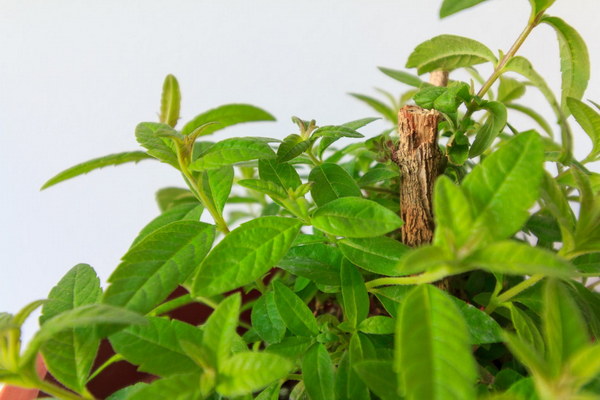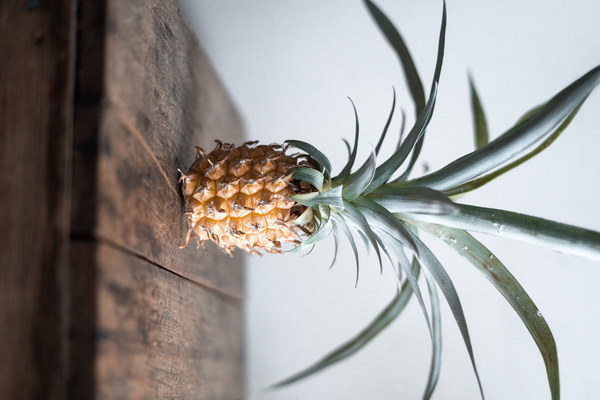PostCOVID Lung Care How to Strengthen Your Lungs After Recovery
Introduction:
Recovering from COVID-19 can be a challenging journey, both physically and mentally. While the initial symptoms may improve, the impact on your respiratory system can linger. Post-COVID lung care is crucial to restore your lung function and prevent long-term complications. In this article, we will explore various strategies to help you strengthen your lungs after recovery from COVID-19.
1. Consult with a healthcare professional:
After recovering from COVID-19, it is essential to consult with a healthcare professional. They can assess your lung function, identify any underlying issues, and recommend personalized treatment plans. This may include pulmonary rehabilitation, medication adjustments, or lifestyle modifications.
2. Practice deep breathing exercises:
Deep breathing exercises, such as pursed-lip breathing or diaphragmatic breathing, can help improve lung capacity and oxygenation. These exercises can be performed several times a day, especially during recovery. Here's a simple pursed-lip breathing technique:
- Inhale slowly through your nose for a count of four.
- Pucker your lips slightly as if you are whistling.
- Exhale through your pursed lips for a count of six.
- Repeat this cycle for several minutes, gradually increasing the duration.

3. Engage in pulmonary rehabilitation:
Pulmonary rehabilitation is a comprehensive program designed to improve lung function, increase exercise tolerance, and enhance overall quality of life. These programs typically include:
- Breathing exercises
- Strength training
- Cardiovascular conditioning
- Education on managing lung conditions
- Nutritional counseling
4. Stay hydrated:
Drinking plenty of fluids is essential for maintaining lung health. Water helps thin mucus, making it easier to expel from the lungs. Aim to drink at least 8-10 glasses of water daily.
5. Avoid irritants:
Smoking, secondhand smoke, and air pollution can exacerbate lung issues. It's crucial to avoid these irritants, as they can hinder your recovery process.
6. Practice good respiratory hygiene:
Cover your mouth and nose when coughing or sneezing, and wash your hands frequently to prevent the spread of respiratory infections. This will help protect your lungs and reduce the risk of recurrent infections.
7. Maintain a healthy weight:
Being overweight can increase the risk of lung complications and hinder recovery. Aim for a balanced diet and regular exercise to maintain a healthy weight.
8. Manage stress:
Chronic stress can impact your immune system and lung function. Engage in stress-reducing activities, such as meditation, yoga, or deep breathing exercises, to support your overall health.
9. Monitor your lung function:
Regular monitoring of your lung function can help you identify any changes or deterioration early on. Use a peak flow meter to track your lung capacity and consult with your healthcare professional if you notice any concerning trends.
10. Seek support:
Recovering from COVID-19 can be emotionally and physically taxing. Don't hesitate to seek support from family, friends, or support groups. Sharing your experiences and concerns with others who have gone through a similar journey can be incredibly beneficial.
Conclusion:
Post-COVID lung care is essential to ensure a full recovery and prevent long-term complications. By following these strategies, you can strengthen your lungs and improve your overall quality of life. Remember to consult with a healthcare professional to tailor these recommendations to your specific needs. With patience, persistence, and proper care, you can overcome the challenges of COVID-19 and return to a healthy life.









